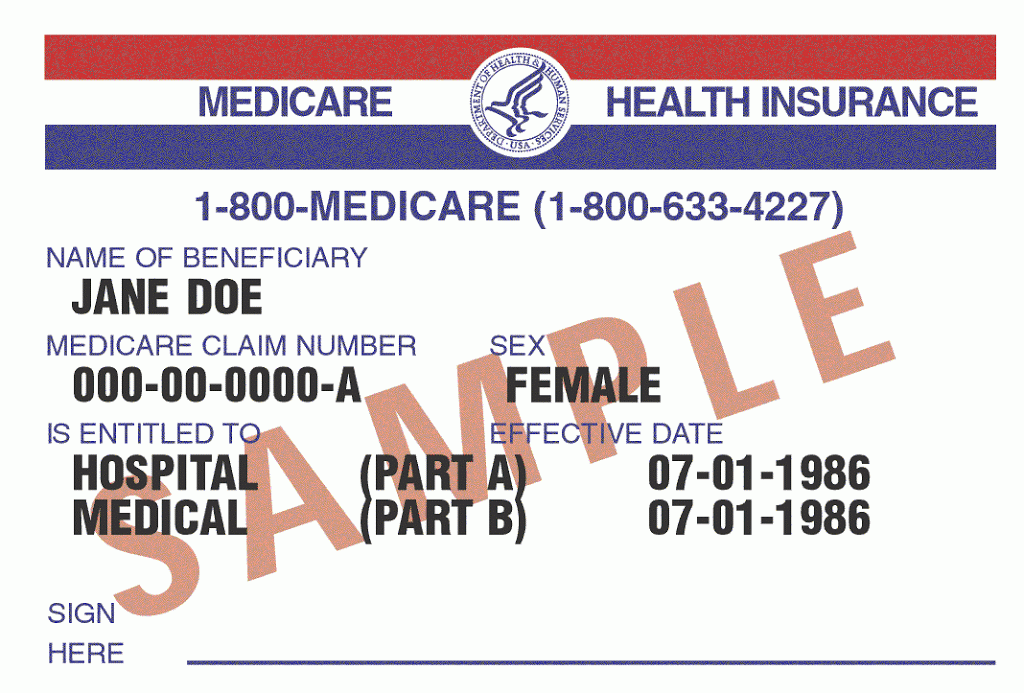Individuals age 65 and older or determined disabled by the Social Security Administration and who have the requisite work history qualify for Medicare. Medicare is a health insurance program that is supported by the taxes you paid while working.
When you receive Medicare, your coverage requires payment of co-payments and co-insurances. Those who can afford it, often purchase a Medicare Supplement Insurance Policy (a/k/a Medigap Policy) that pays some or all of the co-payments or co-insurance.
For low-income individuals, purchasing a Medigap Policy may be too expensive. Those individuals may be able to access a number of programs that provide assistance with Medicare co-payments and co-insurance. These programs include: the Qualified Medicare Beneficiary Program (QMB), the Specified Low-Income Medicare Beneficiary Program (SLMB), and the Qualified Individual Program (QI).
These programs have asset and income limits applicable to each program. And, those limits change from year to year. The programs are administered and supported through each state’s Medicaid Program and applications must be supported through the state Medicaid office. To determine if you or your loved one might be eligible for one of these programs, contact your local Medicaid office or contact Medicare.



